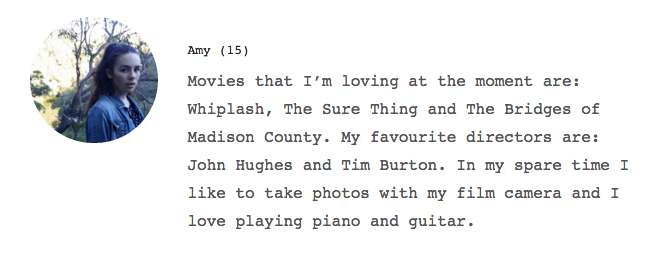Phillipe de Broca’s 1964 film That Man From Rio (L’Homme de Rio) is a vibrant, lively piece of French New Wave cinema that stars Jean-Paul Belmondo and Françoise Dorléac. The film begins with a powerful syncopated Brazilian beat and wild rhythms, the opening titles are a puzzle of brightly coloured panels and what follows is an iconic story about adventure, love and ancient myths.
Adrien Dufourquet (Jean-Paul Belmondo) is a French soldier on a weeks furlough, eager to see his partner Agnés Villermosa (Françoise Dorléac). Agnés is kidnapped as she is the daughter of an anthropologist with information about the location of a sacred Amazonian sculpture. Her kidnapping sparks the excitement of the film, as the heroism and bravery in Adrien’s personality arises on a mission to save the woman he loves.
A series of events unfold on the streets of Rio de Janeiro and in the new developing modernist city of Brasilia. Adrien’s character is witty, mischievous and uncontrollable, the perfect disposition to manage and manipulate the dangerous incidents and events of the film. Jean-Paul Belmondo’s athleticism as a former amateur boxer allowed him to perform most of the stunts in the film, this adds a heightened sense of endangerment and excitement to a scene as it presents an old world of cinema where films were not over-produced and actors could truly act as their character. Agnés is beautiful and intelligent, she plays the classic damsel in distress. As the film progresses she develops into a woman with a strong character, who is keen to be the heroine of the film, a fitting role for a new age of cinema.
Within the film, morals and personalities are combined with comedy, danger and adventure. Morals such as greed and trickery are found in the characters of Professor Catalan and Mário de Castro who’s destinies do not serve them well. The simple honesty of Adrien such as in the scene where he confesses his crimes to a Brazilian police officer and says “Sir, could you please arrest me? I’m a deserter, I lost my uniform. I flew without a ticket, conned an invalid, I fought with men of all nations and colours, and I drive around in a stolen pink car with little green stars. I’m also guilty of public indecency.” and then “The handcuffs, please.” The officer looks at him blankly and does not take any action against him. In this instance, honesty in a world of greed and crime does not result in any benefit.
The warm, tropical colours and the energy of Brazil are conveyed skilfully with the saturated colour way in the film’s cinematography. This pairs well with the fast paced action and stunt work of each scene. The characters of Adrien and Agnés have a delightful French charm therefore making the film irresistibly enjoyable.
Alliance Française Classic Film Festival

